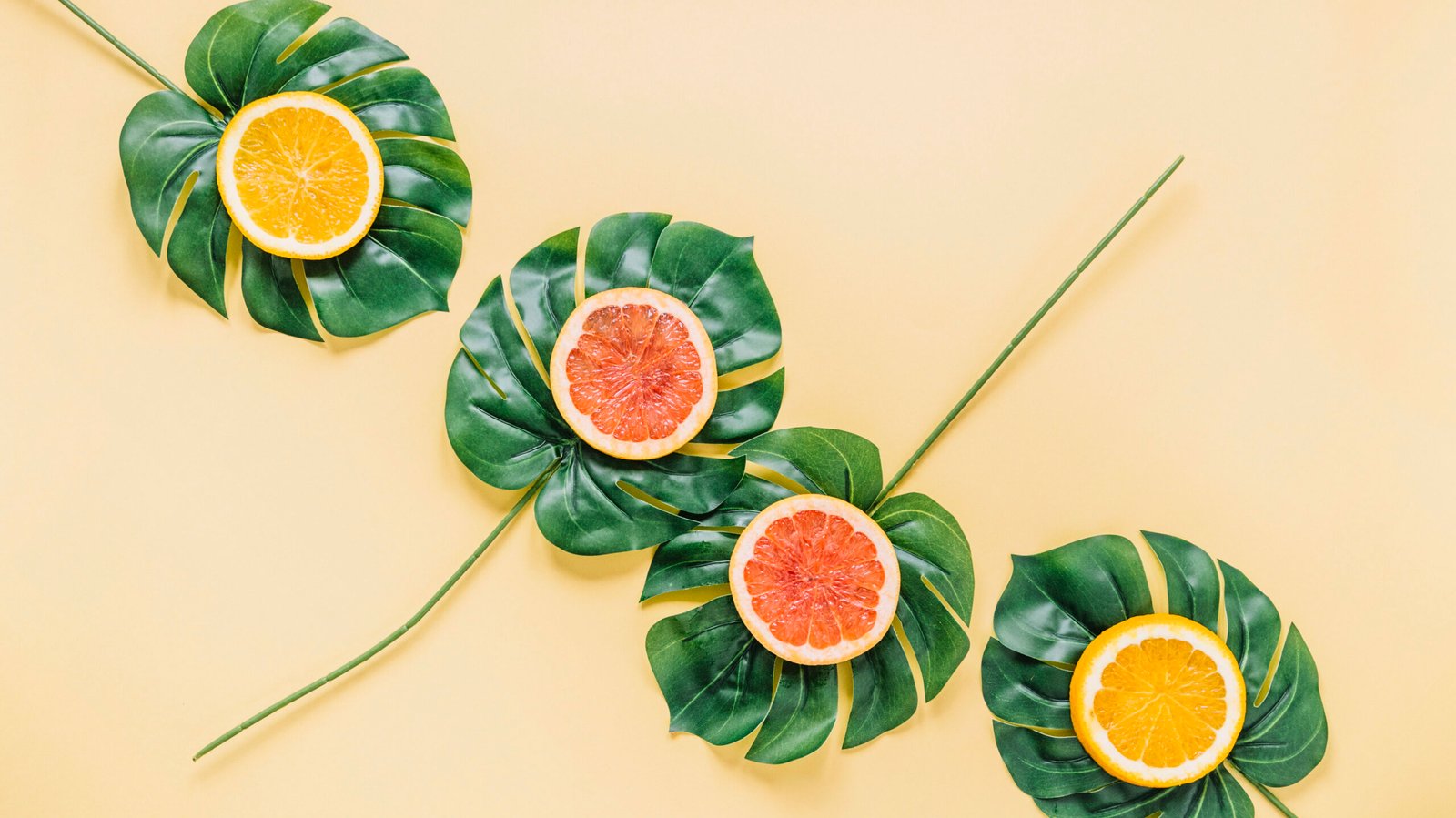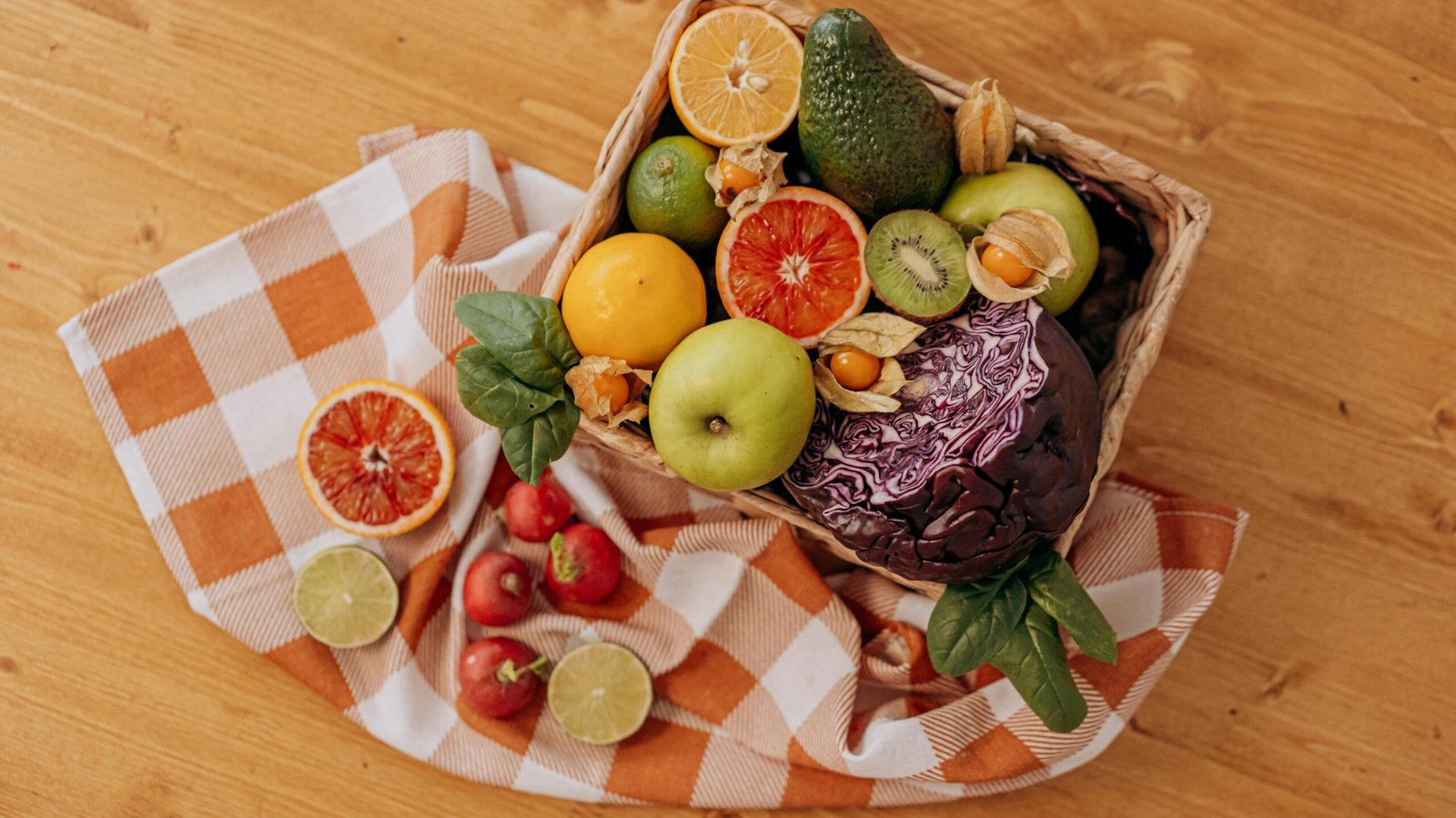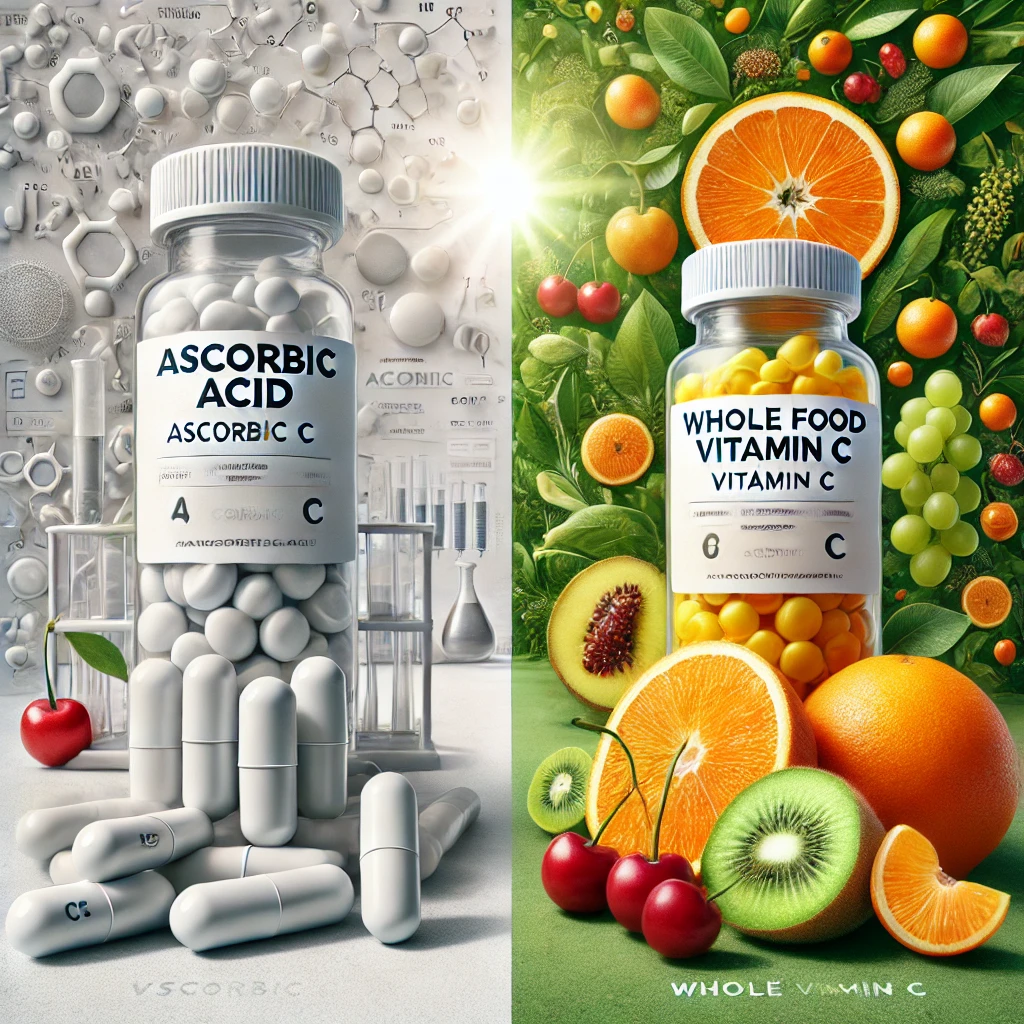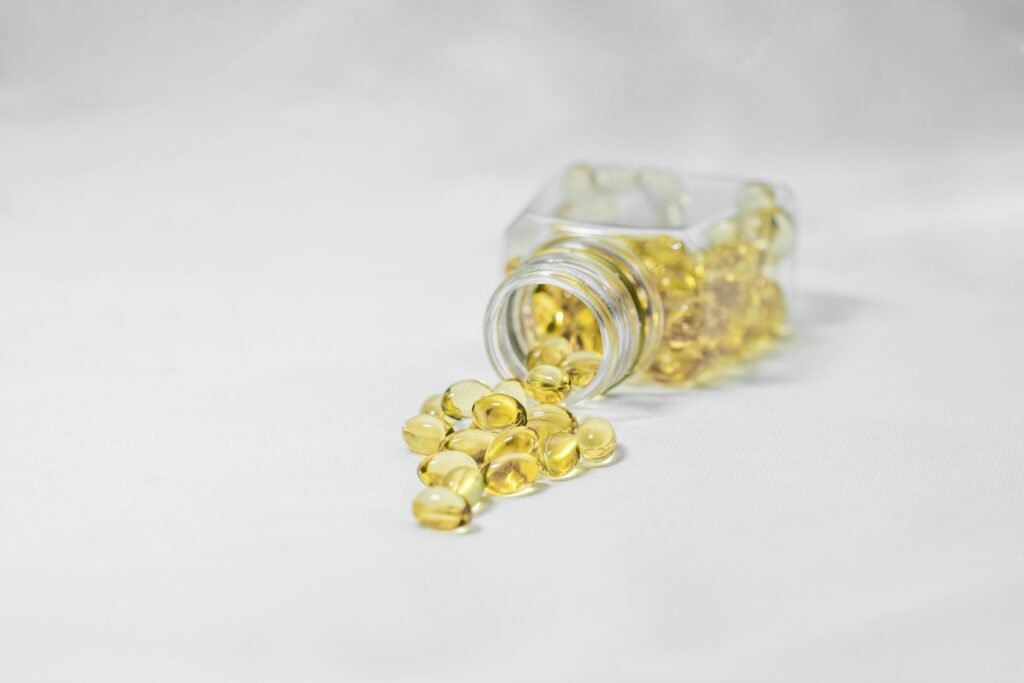When it comes to supporting your immune system, boosting skin health, and even protecting against certain chronic diseases, Vitamin C is a superstar nutrient. It’s not just your go-to during cold and flu season—Vitamin C plays a vital role in overall health year-round. Below, we’ll dive into the key benefits of Vitamin C and how much you should be taking to reap these rewards, all backed by credible research.
Why Vitamin C is Essential for Health
1. Immune System Booster

Vitamin C is perhaps most famous for its immune-boosting capabilities. It helps stimulate the production of white blood cells, which are critical for fighting infections. Studies show that Vitamin C can both prevent and treat respiratory and systemic infections by enhancing various immune cell functions.
According to a 2017 study published in the Nutrients journal, regular Vitamin C supplementation significantly reduced the duration and severity of upper respiratory tract infections like the common cold.
2. Skin Health & Anti-Aging

If you’re looking for a natural glow, Vitamin C may be your answer. It’s a powerful antioxidant that helps protect skin cells from damaging free radicals caused by UV exposure. Moreover, it promotes collagen production, which is essential for maintaining skin elasticity and reducing the appearance of wrinkles.
A study in Dermato-Endocrinology highlighted that topical and dietary Vitamin C could improve skin appearance by boosting hydration, improving elasticity, and reducing the signs of aging.
3. Cardiovascular Protection

Vitamin C also supports heart health. By combating oxidative stress and improving endothelial function, it can reduce your risk of heart disease. Regular intake of Vitamin C has been associated with a lower likelihood of developing cardiovascular conditions, particularly among those with higher stress levels or poor diets.
A meta-analysis published in the American Journal of Clinical Nutrition found that Vitamin C intake was inversely related to the risk of coronary heart disease.
4. Enhanced Iron Absorption

For those suffering from iron deficiency, Vitamin C is a great partner. It improves the absorption of non-heme iron (the type found in plant-based foods) by transforming it into a more bioavailable form. This is especially beneficial for vegetarians, vegans, and individuals with anemia.
A 2020 study in The American Journal of Clinical Nutrition confirmed that Vitamin C enhances the bioavailability of plant-based iron, making it a valuable supplement for preventing iron-deficiency anemia.
Recommended Dosage of Vitamin C
When it comes to Vitamin C, more isn’t always better. The human body can only absorb a certain amount at a time, and excess Vitamin C is simply excreted in the urine. Here’s a breakdown of the recommended daily intake:
- Adults: 75 mg for women, 90 mg for men
- Smokers: An additional 35 mg per day (due to increased oxidative stress)
- Pregnant/Breastfeeding Women: 85-120 mg per day depending on lactation needs
However, many studies suggest higher doses of Vitamin C for optimal health benefits, particularly during periods of illness or stress. Some health professionals recommend up to 500 mg to 1,000 mg per day for enhanced immune support or to target specific health concerns like skin health or cardiovascular protection.
Note on High Dosages:
While Vitamin C is water-soluble and generally considered safe, very high doses (above 2,000 mg/day) can cause digestive issues, such as diarrhea or stomach cramps.
How to Get Enough Vitamin C

You can easily meet your daily Vitamin C requirements through diet alone if you prioritize Vitamin C-rich foods. Here are some top sources:
- Oranges (70 mg per medium orange)
- Strawberries (85 mg per cup)
- Red bell peppers (190 mg per cup)
- Broccoli (81 mg per cup)
- Kale (80 mg per cup)
For those who struggle to consume enough through food, supplementation can be a convenient and effective option.
The following are a few supplement options available on Amazon:
- Pure Synergy Pure Radiance C
- Key Features: 100% whole-food Vitamin C from camu camu berries and acerola cherries.
- Rating: 4.7 stars with over 5,000 reviews.
- Benefits: Organic, non-GMO, rich in bioflavonoids, and supports immune health and collagen production.
- Garden of Life Vitamin Code Raw Vitamin C
- Key Features: 500 mg of Vitamin C from whole-food sources, including fruits and vegetables.
- Rating: Highly rated with over 1,000 reviews.
- Benefits: Vegan, non-GMO, and includes probiotics and enzymes for better absorption.
- Amazon Elements Whole Food Vitamin C
- Key Features: 60 capsules with whole-food-sourced Vitamin C.
- Rating: 4.7 stars with over 21,000 reviews.
- Benefits: Non-GMO, vegan, and contains 95% whole-food ingredients, supporting immune health.
- Premier Research Labs Vitamin C
- Key Features: Derived from organic amla extract.
- Benefits: Offers whole-nutrient Vitamin C for immune and antioxidant support, using a natural source.
- Ideal Infusion Raw Whole Food Vitamin C Complex
- Key Features: 100% plant-based, extracted from oranges and acerola cherries.
- Rating: 4.8 stars with over 300 reviews.
- Benefits: No synthetic ascorbic acid, includes bioflavonoids to enhance absorption.
Always make sure to read the most recent reviews and check for third-party testing to ensure quality and safety.
Final Thoughts: A Simple Vitamin with Huge Benefits
Vitamin C is a versatile and powerful nutrient that supports immune health, enhances skin radiance, protects the heart, and even helps with iron absorption. Whether through whole foods or high-quality supplements, getting your daily dose of Vitamin C is an easy yet impactful way to boost your overall wellness.
References
- Carr, A. C., & Maggini, S. (2017). Vitamin C and immune function. Nutrients, 9(11), 1211.
- Pullar, J. M., Carr, A. C., & Vissers, M. C. (2017). The roles of vitamin C in skin health. Dermato-Endocrinology, 9(1), e1440958.
- Wang, X., et al. (2013). Fruit and vegetable consumption and mortality from all causes, cardiovascular disease, and cancer: systematic review and dose-response meta-analysis of prospective cohort studies. American Journal of Clinical Nutrition, 97(2), 454-463.
- Teucher, B., Olivares, M., & Cori, H. (2004). Enhancers of iron absorption: ascorbic acid and other organic acids. International Journal for Vitamin and Nutrition Research, 74(6), 403-419.
- National Institutes of Health (NIH). (2022). Vitamin C – Fact Sheet for Health Professionals.



